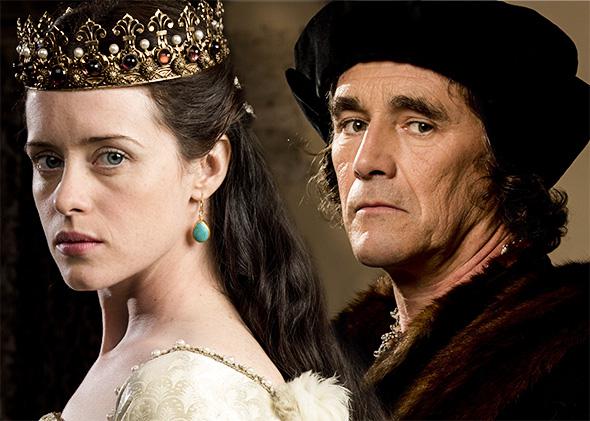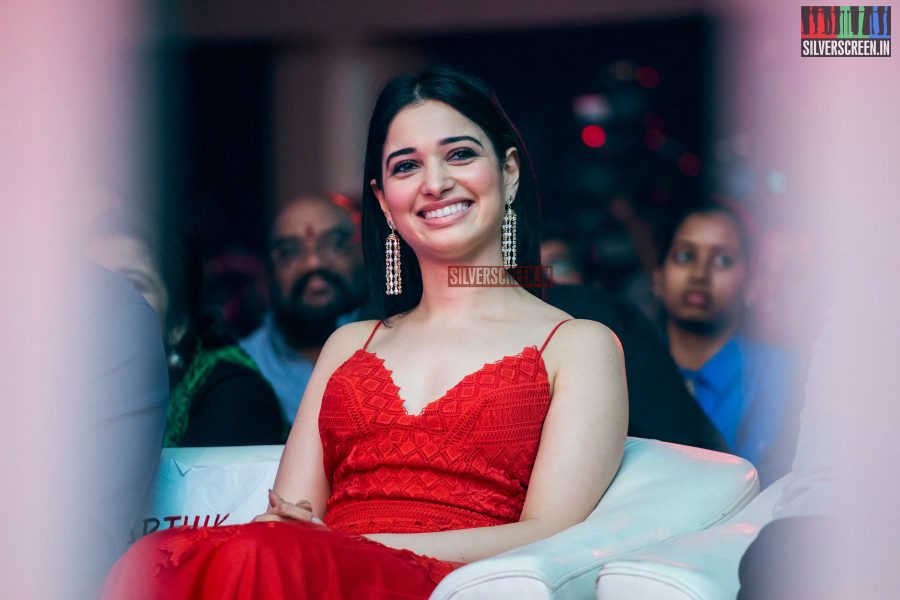The third book in Hilary Mantel’s trilogy The Mirror and the Light is out. But if you, like me, did not rush to buy it before the lockdown, you might settle for watching the BBC adaptation of the first two books, Wolf Hall and Bring Up the Bodies, streaming on Disney+ Hotstar right now.
The miniseries follows the rise and fall of Thomas Cromwell, a blacksmith’s son who rose to become a close adviser and aide of Henry VIII. It’s a story that’s been told many times, most recently, in The Other Boleyn Girl and The Tudors. Henry has been crowned and wedded to Catherine of Aragon, his late brother’s widow, who has failed to give him a son. Henry tires of her and wishes to marry the beautiful Anne Boleyn, for which he will need a divorce that the Pope will not give him. With a little help from Cromwell, Henry is able to split from the Catholic Church, declare himself Defender of the Faith, and annul his marriage to Catherine. When that doesn’t get him the son he wants so badly, he turns again to Cromwell to help him get rid of her.
In Mantel’s version of the tale, Cromwell is at the centre of not only the King’s life, but also that of the other big political changes of the time. Her Cromwell is a man of humble beginnings, loyal to his mentor Cardinal Wolsey, but ultimately willing to do what he must for the greater good – his own good too. He is a devout and gentle man in his personal life, teaching his young daughters to read in a time and even possessing an English Bible at a time when that was blasphemy. Indeed, Cromwell’s appeal as a character is that he is different man in every situation – one before the king, another in Anne Boleyn’s chambers, as he first plots to make her queen and then plots her downfall, another as he meets in secret with conspirators and informants, and yet another altogether in his personal life, with his family and other fellow Protestants. In this, he is not very different from Henry, who is every bit the smiling, popular loyal in public, but in the privacy of his own chambers, he reveals himself to be insecure and vulnerable.
Mark Rylance plays Cromwell with sensitivity, and we see his doubts, his pain at losing his family to the sweating sickness, his lowly origins simmering beneath that outward expression of calm. Damian Lewis’ Henry VIII, for his part, is as menacing as he is dashing and charismatic, while Claire Foy’s Anne Boleyn is mercurial and determined, even in her last moments. The sets, with their careful use of darkness and light, and spaces public and private, work well to convey the inner turmoil of the characters, and the external façade they must maintain. The creators of the show have also paid careful attention to historical details about life in those times. Anne Boleyn’s French accent slips out at times – she was, after all, raised in France. The costumes are rich and detailed for royalty, with the plunging necklines you might see in paintings from the time, but for everyone else, they are plain, almost to a fault. Even the food is historically accurate, cutlery not yet commonplace, and the characters eat boiled eels and other delicacies with their hands.
Season 1 of Wolf Hall ends when Cromwell’s rise seems unstoppable. Anne Boleyn is beheaded, in one of the hardest scenes to watch. The BBC has now confirmed that there will be a Season 2, where Henry, now more moody and unpredictable than ever, will marry Jane Seymour, setting off a chain of events that end with Cromwell’s death in 1540. I’m waiting with bated breath.



